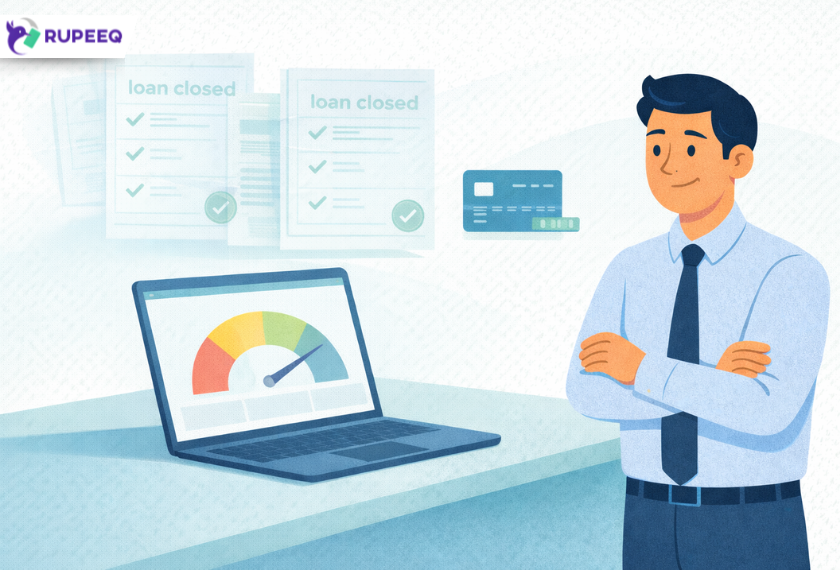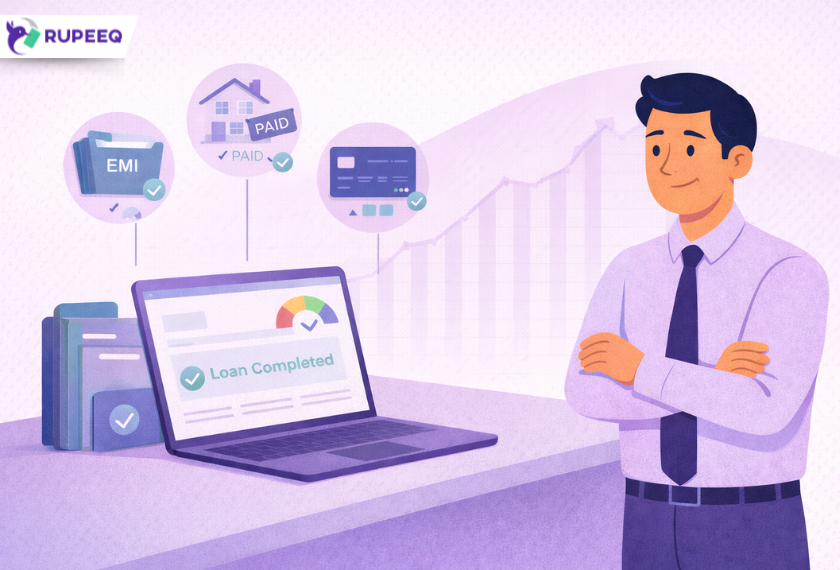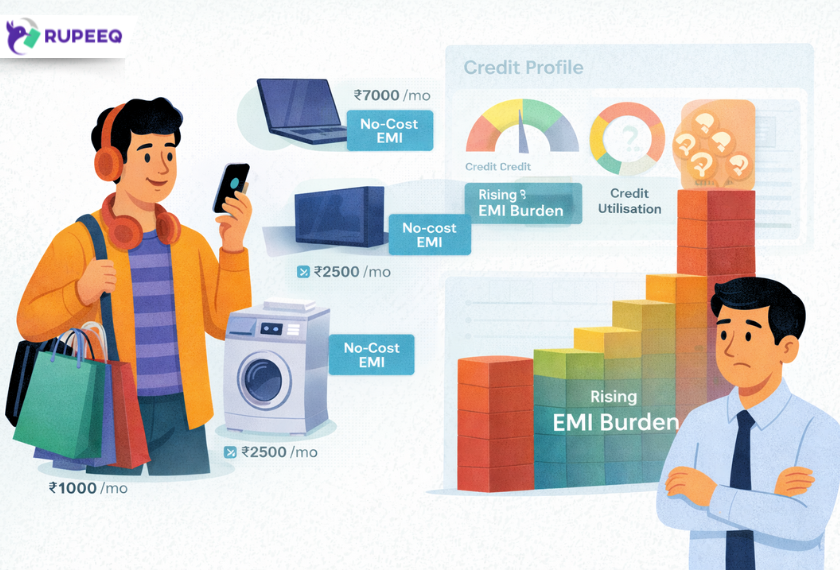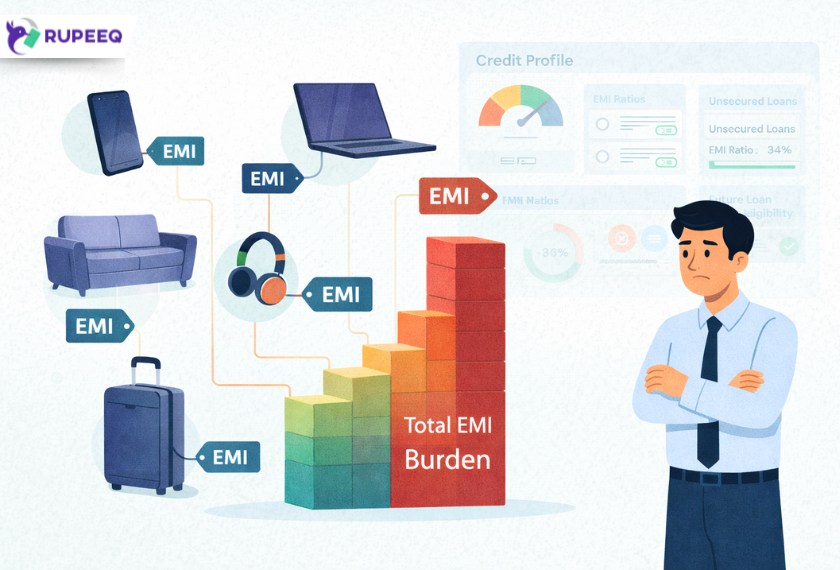Taking your first loan can be exciting. It helps you build credit, manage goals, and access better financial products later. But if you’re not cautious, early mistakes can damage your CRIF credit score—and that could impact your loan eligibility for years. This blog highlights the common missteps first-time borrowers make and how you can avoid them to keep your CRIF score healthy and growing.
Understanding the CRIF Score for New Borrowers
The CRIF score is a three-digit number that represents your creditworthiness. It is calculated by CRIF High Mark based on your credit activity—how you borrow, how you repay, and how you manage loans or credit cards.
For a first-time borrower, this score starts getting built only after your first credit activity. Whether it’s a personal loan, consumer durable loan, or an education loan—your repayment pattern begins to shape your credit profile.
1. Missing or Delaying EMI Payments
Even one missed or delayed EMI can dent your CRIF score, especially when your credit history is still new. Since CRIF receives updated data every 15 days now (as per RBI’s mandate), delays are reflected faster than before.
Why it matters:
- A single default or late payment early in your credit journey lowers your score disproportionately.
- It signals risk to future lenders, reducing chances of getting better loan offers.
RupeeQ Tip: Use auto-debit features or set reminders a few days before your EMI due date to never miss a payment.
2. Taking a Loan Without Understanding the Terms
Some borrowers take quick personal loans from lending apps or NBFCs without fully reading the interest rate, tenure, and charges. Unplanned EMIs become burdensome and increase the risk of default.
Why it matters:
- If you struggle to repay, it leads to overdue payments.
- Pre-closure charges or bounce penalties also get reported to CRIF.
3. Applying for Multiple Loans Simultaneously
Many new borrowers make the mistake of applying to several lenders at once—thinking it increases approval chances. But each application generates a hard enquiry on your CRIF profile, which can reduce your score.
Why it matters:
- Multiple enquiries in a short time make you look credit-hungry.
- This could flag you as a high-risk applicant, even if your repayment history is clean.
RupeeQ Tip: Always check your eligibility through soft enquiries or RupeeQ’s free credit check feature before applying.
4. Closing Loan Accounts Prematurely
If you close your first loan too early, especially within 6–9 months, you miss the opportunity to establish long-term repayment history. This can prevent your score from climbing steadily.
Why it matters:
- Credit history length is a key factor in score building.
- Pre-closure may save interest but limits your credibility proof to future lenders.
5. Ignoring Errors in CRIF Report
First-time borrowers rarely monitor their credit reports. But errors like wrong loan amounts, mistaken overdue status, or duplicate entries can reduce your score—even if you’re not at fault.
Why it matters:
- An incorrect overdue tag can reduce your chances of getting a car loan or home loan later.
- Without dispute resolution, the negative score stays.
6. Co-signing or Being a Guarantor Without Caution
Sometimes, borrowers agree to co-sign someone else’s loan or act as guarantor. But if the primary borrower defaults, the credit responsibility reflects on your CRIF report too.
Why it matters:
- Your credit score drops even if you didn’t use the loan.
- You might be legally responsible to pay back if the primary borrower fails.
7. Over-Leveraging Early in Your Career
First-time salaried individuals may take loans that consume over 50% of their income—thinking it’s manageable. But a high EMI-to-income ratio is seen as risky by lenders and reflected in bureau updates.
Why it matters:
- Over-leveraging strains your finances.
- Even one missed EMI due to liquidity crunch can cause lasting damage to your credit history.
8. Choosing Unregulated Lenders or Buy-Now-Pay-Later (BNPL) Products
Some lending apps or instant credit providers don’t follow RBI guidelines and may not report accurately to CRIF. Also, BNPL usage, if not repaid on time, might either not show your creditworthiness or harm it.
Why it matters:
- Inconsistent reporting delays credit score improvement.
- Missed BNPL dues may get escalated to collections, hurting your score.
RupeeQ Tip: Always check whether the lender is RBI registered and reports to major bureaus like CRIF, Experian, CIBIL, and Equifax.
9. Ignoring the 15-Day Reporting Cycle
As per the new RBI guideline effective Jan 1, 2025, lenders must now report data to bureaus like CRIF every 15 days. This means your score can improve faster—or worsen quickly—depending on your activity.
Why it matters:
- If you miss a payment, it can reflect in as little as two weeks.
- If you pay consistently, your score may recover faster than before.
10. Not Building a Mix of Credit
While it’s not necessary at the beginning, having a mix of secured (like car loan) and unsecured credit (like personal loan) over time can help build a well-rounded credit profile. Avoiding all credit or relying on just one type slows your score growth.
Final Thoughts
Mistakes in your first credit experience can haunt your financial profile for years. But with the right awareness, you can avoid the most common errors and grow a solid CRIF score that unlocks better financial opportunities. RupeeQ helps you stay credit-smart by offering real-time score checks, pre-approved offers based on bureau data, and guidance on responsible borrowing.
If you’re starting your loan journey, start it right.







